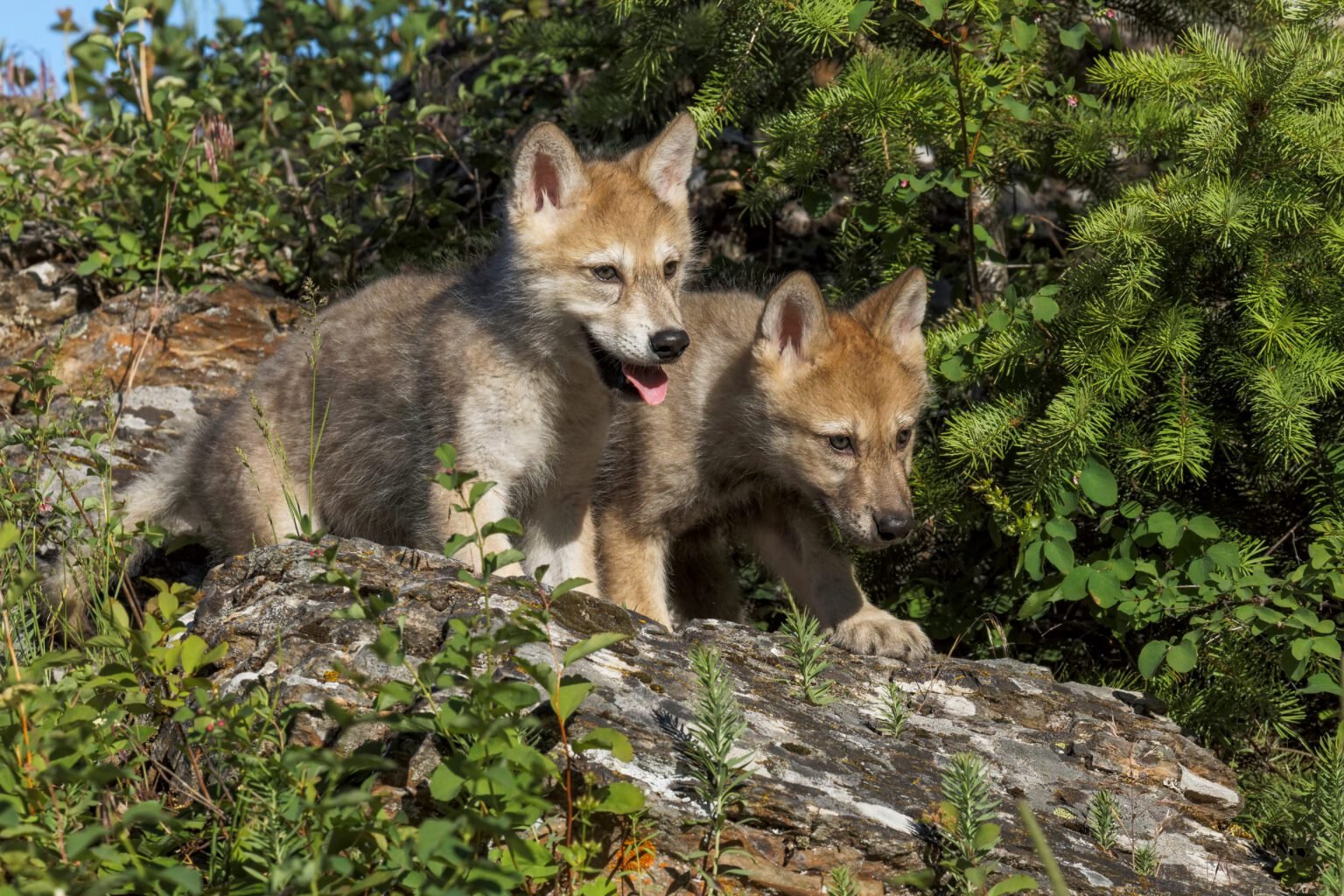Wolf Trapping and Hunting in Montana to Resume, Judge Rules
The ruling will see hunters continue with the mass slaughter of 456 wolves, nearly 40 percent of the state’s wolf population, using unrestricted killing methods.
A Montana state court has lifted a temporary restraining order that halted wolf hunting and trapping, rejecting requests from two conservation groups to curb the killing until courts can assess the state’s wolf management.
On October 27, WildEarth Guardians and Project Coyote filed a lawsuit arguing that the state’s extreme anti-wolf hunting and trapping policies will damage wolf populations and interfere with the federal laws governing national parks, such as Yellowstone, where hunting is prohibited.
A Temporary Restraining Order (TRO) was enforced by the court on November 15, offering the wolves some temporary protection, which was in place until today.
The ruling will see hunters continue with the mass slaughter of 456 wolves, nearly 40 percent of the state’s wolf population, using unrestricted killing methods.
“We are devastated that the court has allowed countless more wolves — including Yellowstone wolves — to be killed under the unscientific laws and regulations we are challenging,” Lizzy Pennock, the Montana-based carnivore coexistence advocate for WildEarth Guardians said in a statement.
“We will keep fighting for Montana’s wolves in the courtroom while our case carries on and outside the courtroom in every way,” she said.
Credit: WildEarth Guardians
Montana's yearly regulations and killing quotas are based on a wolf plan created in 2002. It is considered seriously flawed as it does not take into account the accelerated development of conservation science and carnivore ecology over the past two decades. Reaching the 456 quotas could have disastrous effects on the state's wolf population this year because it is based on an unreliable population model.
Despite the requirement that the plan should have been reviewed and potentially updated every five years, the state has not revised the plan, nor has it engaged in a formal review, according to WildEarth Guardians.
“Montana does not have an accurate picture of how many wolves are living in Montana and cannot sustainably and legally manage the species through another wolf hunt this winter,” states the motion.
Since the start of the season in September, Montana hunters had killed 69 wolves, with an additional 387 at risk of death between now and March 15, 2023, via hunting, trapping, snaring, shooting wolves over bait, and hunting at night on private lands with technology including night-vision scopes.
The order issued today also reinstates the six-wolf kill quota in the WMU just north of Yellowstone National Park and removes the two-wolf kill quota that had been temporarily in effect under the conditions of the TRO in the wolf management unit (WMU) west of Glacier National Park. This means that an additional five Yellowstone wolves could be killed this winter. 25 Yellowstone wolves were killed by recreational trappers and hunters in 2017; 19 of those deaths occurred in Montana.
“Today, Montana’s wolves and wild places lost an important battle but the greater campaign to protect North America’s wildlife and evidence-based democratic decision-making continues,” explained Michelle Lute, PhD in wolf conservation and carnivore conservation director for Project Coyote, a project of Earth Island Institute.
“What happens to wolves in Montana doesn’t stay in Montana because wolves and the benefits they bring aren’t restricted by geographic boundaries. Protecting a robust source population of wolves in the state has broader implications for wolf populations, genetic exchange and healthy wildlands in surrounding states, national parks and Canada.”
What can be done?
The situation is dire, but it’s not too late. Wolves, for the most part, are living on public lands (land that is owned by everyone in the country) which means that you have a say no matter what state you are from. “You really have to be vocal to the federal and state governments by flooding them with letters they don’t want to see,” says wolf advocate and filmmaker, Jamie Dutcher. “Writing letters really does help. Writing the Interior Department, writing Deb Haaland, writing Joe Biden - they need to hear what people really think, because it’s an American minority that are anti-wolf.”
Rick Lamplugh, a wolf advocate and author, says that to protect wolves, “we must transform our culture from one of wolf hatred to one of wolf respect”, but until that happens, wolves need federal protection. This is a sentiment mirrored by Dutcher: “Put wolves back on the endangered species list for the short term until they can get a better protection plan not only for land but for other predators - a Predator Protection Act - so that they’re not treated as vermin, but as proper functioning pieces of a healthy ecosystem, that’s the only way we are going got get anywhere.”
Take action:
Raise your voice for wolves by joining the #RelistWolves wolves campaign. From letter writing to social media posts, here’s a list of everything you can do to help now.
One of the most powerful way to create change is speaking directly to state representatives. For legislator and state agency contact details, visit www.livingwithwolves.com. The website also provides information on who represents who and the best way to contact them.
Listen to the Species Unite War on Wolves podcast series. We spoke with wolf experts, photographers, and conservationists to discover what we can do to stop this madness before it’s too late.
We Have A Favor To Ask…
Species Unite amplifies well-researched solutions to some of the most abusive animal industries operating today.
At this crucial moment, with worldwide momentum for change building, it’s vital we share these animal-free solutions with the world - and we need your help.
We’re a nonprofit, and so to keep sharing these solutions, we’re relying on you - with your support, we can continue our essential work in growing a powerful community of animal advocates this year.
More stories:
Species Unite
A collection of stories of those who fight the good fight on behalf of animals.







The whereabouts of two baby giraffes remain unknown after a zoo owner withheld their location and was jailed for contempt.